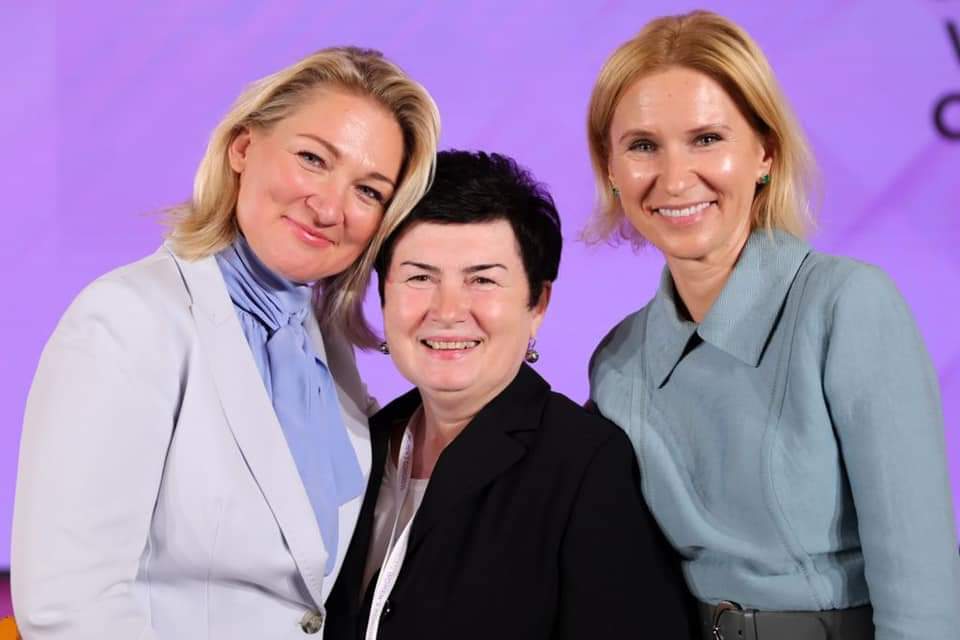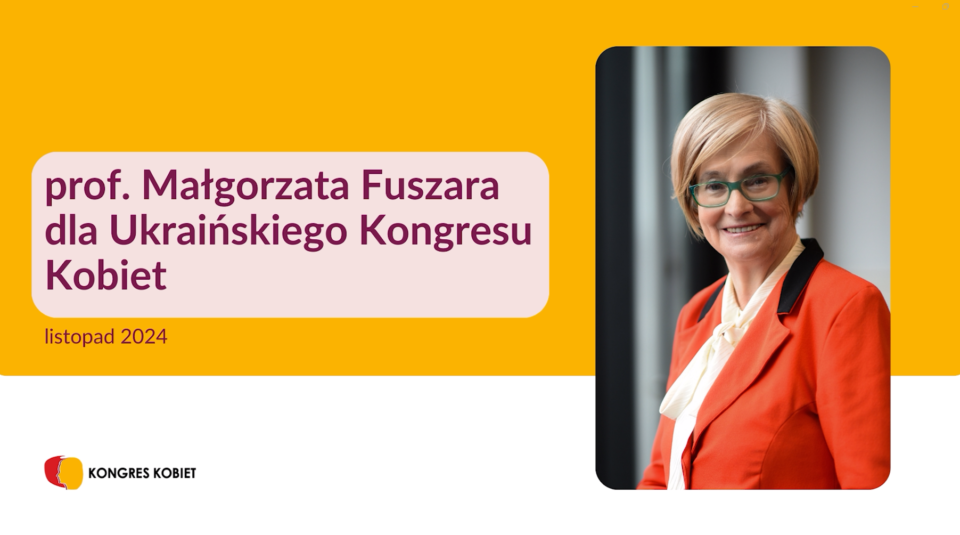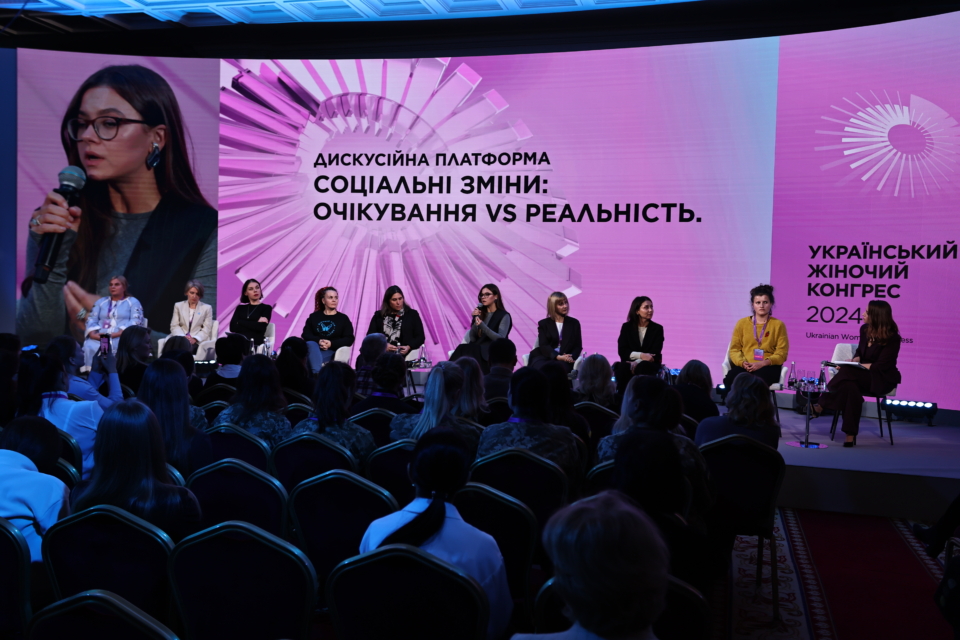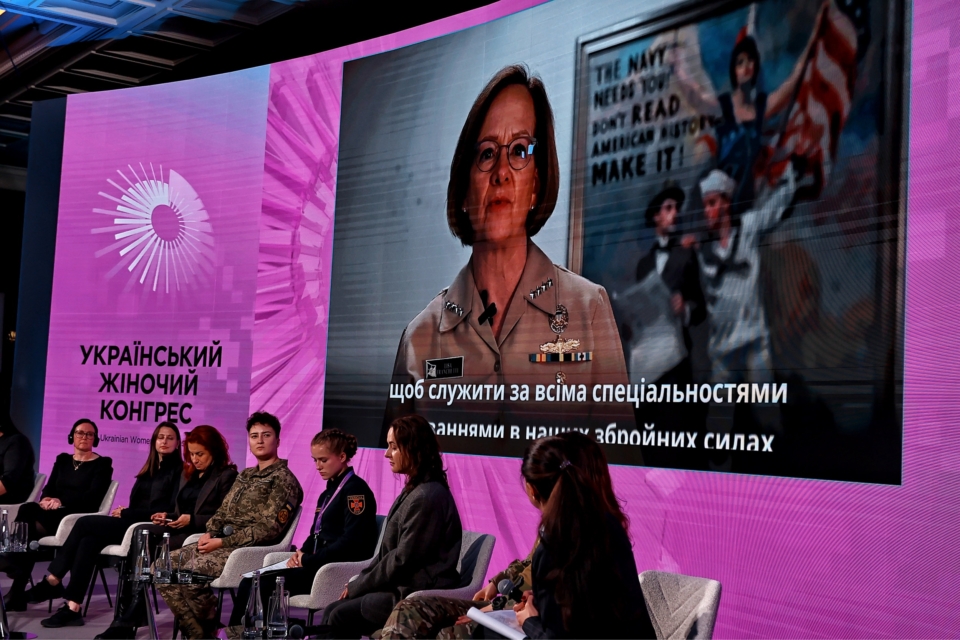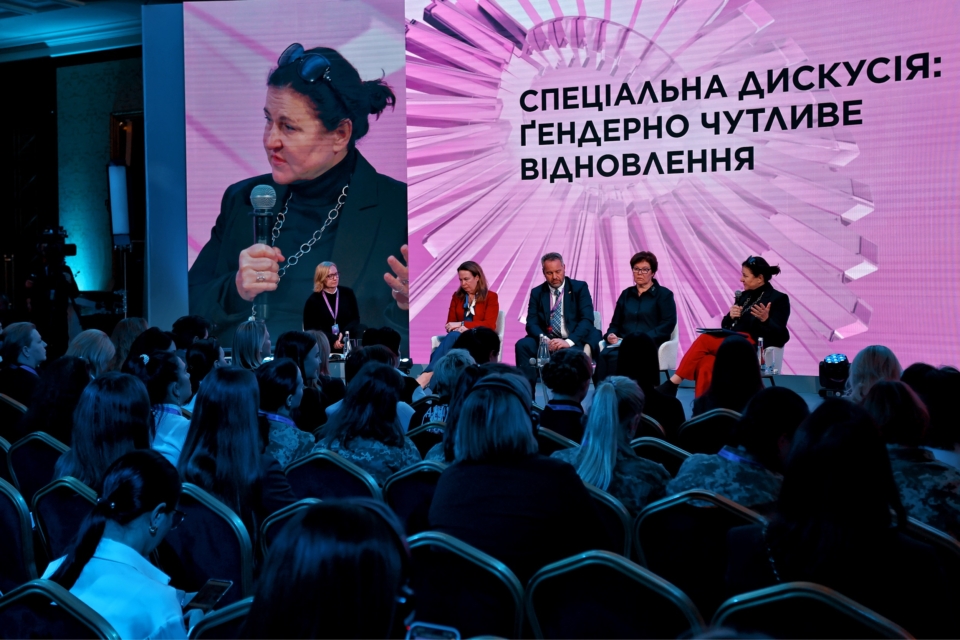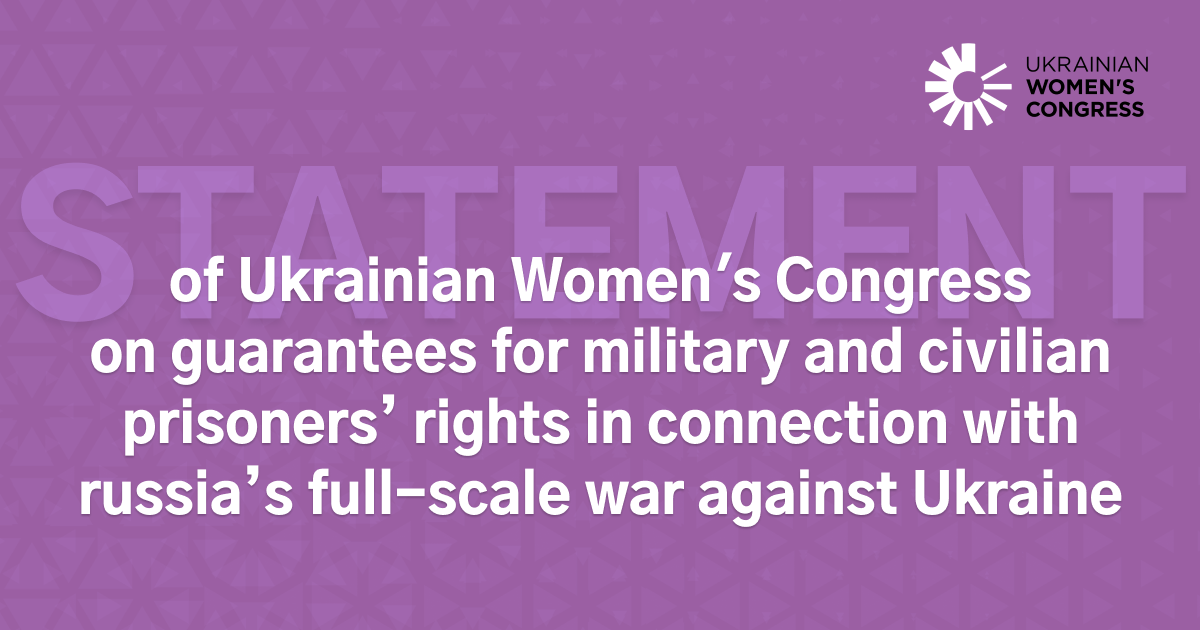
Since the full-scale invasion of russia into Ukraine on February 24, 2022, the aggressor in the temporarily occupied territories has carried out numerous abductions of the civilian population and captured military personnel, among whom a significant proportion of women – of various ages and with various health conditions.
In general, it is known about hundreds of women who are in captivity – in particular, according to the data of the Deputy Prime Minister for Reintegration of the Temporarily Occupied Territories of Ukraine, in April 2022, there were 1,700 captured military personnel and civilians, of which 500 were women. It is impossible to count the exact number of detained women since there is no list of prisoners, verified by the state or human rights organizations.
According to Ukrainian human rights organizations, due to the prisoner exchange procedure since February 24 at least 39 women were released; there are also cases when the exchanges were negotiated outside of this main process.
The circumstances of the prisoners’ detention included indiscriminate detention and detention for inducing cooperation, practices of persecution for an active pro-Ukrainian position or volunteering, checks and ‘filtration’, as well as capture on the battlefield and forced removal to the territory of russia.
The treatment of women in captivity impresses by the scale of breaking any possible norms: detention in cells with males, detention of a large number of prisoners in cells designed for 2-3 people, failure to provide food and water, medicine, and hygiene products, as well as interrogations, physical and psychological torture, threats of torture and torture itself.
The status and protection of prisoners of war are guaranteed by the 3rd Geneva Convention on the Treatment of Prisoners of War (from August 12, 1949) – both russia and Ukraine are parties to this international treaty. However, the representatives of international humanitarian organizations are not allowed to access most places of detention, and therefore no one monitors the proper treatment of prisoners and compliance with the Geneva Conventions in relation to them, especially in relation to women.
To help release prisoners, international advocacy work is being carried out through the activities of Ukrainian human rights organizations, and numerous appeals by members of the Ukrainian Parliament to international platforms, whether it is eyewitness testimony about the horrors of the russian blockade of Mariupol and about the stay in occupiers’ captivity, in particular, provided by Yulia “Taira” Payevska to the US Helsinki Commission in September 2022.
At the same time, Ukrainian human rights defenders and survivors of captivity express reservations towards the International Committee of the Red Cross, which is not fulfilling the tasks assigned to it to guarantee the rights of civilian and military prisoners held by russia. International Committee of the Red Cross representatives have never visited Ukrainian prisoners in their places of detention, and the organization does not respond to all the calls of the Ukrainian authorities to show more persistence and act more effectively in obtaining access to prisoners who are in the temporarily occupied territories of Ukraine and in the Russian Federation.
The Ukrainian Women’s Congress appeals to international partners and international organizations, to the European Parliament and national parliaments of the countries of the world, to Inter-Parliamentary Assemblies, women, and human rights organizations and platforms in order to create an international initiative aimed at supporting Ukrainian civilians and soldiers who are in captivity in connection with the war that russia launched against Ukraine.
The Ukrainian Women’s Congress calls for the international partners to monitor the implementation of the norms of the 3rd Geneva Convention, in particular:
1. to join forces and create additional communication channels to ensure access of representatives of international humanitarian organizations to the places of detention of Ukrainian women, who are in russian captivity;
2. to be actively involved in monitoring and ensuring proper conditions of prisoners’ detention,
3. to be involved in the process of presenting demands to russia regarding the provision of the prisoner’s list with clarification regarding civilian and military women;
4. to increase sanctions pressure on russia due to improper treatment of prisoners;
5. to promote the involvement of women in the process of negotiations and decision-making in matters related to the release of prisoners and other security challenges;
6. to establish international coordination mechanisms to ensure the rehabilitation for captivity survivors, to conduct systematic communication on this issue, as well as, based on best experience, to develop psychological assistance projects for those released from captivity and members of their families.
Justice and punishment of those who have violated and continue to violate international law regarding the detention and release of military and civilian prisoners must be guaranteed. We call for active advocacy and cooperation on these issues because only united our voices can be heard.



